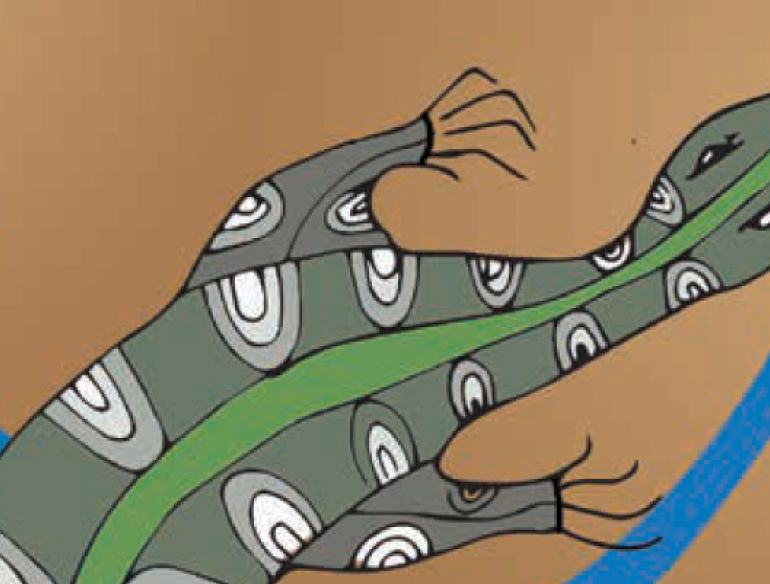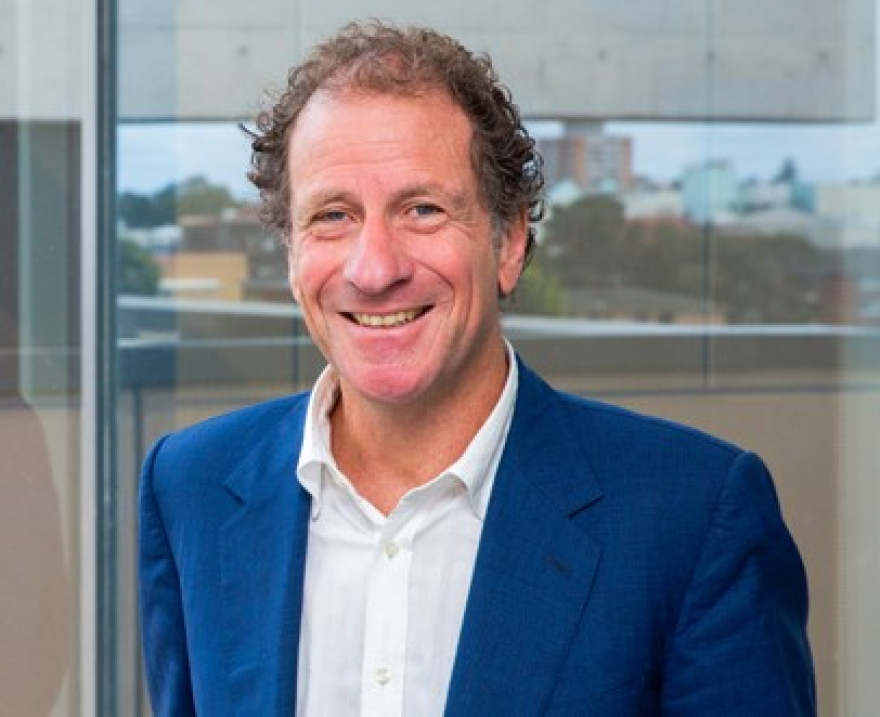- Study population - A total of 2,877 Aboriginal and Torres Strait Islander people aged 16 – 29 years participated in the survey.
- The survey was administered at 40 Aboriginal and Torres Strait Islander community events in every Australian State and Territory between 2011 and 2013.
- Gender - 59% of participants were females, 39% male, and <1% transgender. Age - 43%, 31% and 25% of participants were aged 16 – 19, 20 – 24 and 25 – 29 years respectively at the time of survey.
- Sexual identity - The majority of the participants identified as heterosexual (~90%); 6% of males and 3% of the females reported their sexual identity as gay or lesbian respectively.
- Overall knowledge of STIs and BBV transmission and treatment were good. Correct answers provided to STIs and BBVs knowledge questions were lower among males compared to females - median score of 9 and 10 respectively out of a possible 12. 26% of participants aged 16 – 19 years responded correctly to at least 11 of 12 knowledge items, whereas 46% of 25 – 29 year olds answered the same answers correctly.
- Sexual Activity - The majority of participants reported being sexually active (>80%). The youngest age groups were less likely to be sexually active 26% compared to participants aged 25 – 29 years (5%).
The Sexual Health and Relationships Survey is the first national survey of young Aboriginal and Torres Strait Islander people in relation to sexually transmissible infections (STIs) and blood-borne viruses (BBVs) undertaken in Australia. The survey involved collection of data comprising four areas; (i) demographics; (ii) questions assessing knowledge of STIs and BBVs; (iii) questions relating to risk behaviours and (iv) questions related to use of and access to health services. Just under 3,000 Aboriginal and Torres Strait Islander people aged 16 – 29 were surveyed in every Australian jurisdiction. The project was initiated in 2010, and data collection occurred during 2011 – 2013. The survey was funded by an Australian Research Council Linkage Grant with contributions from State and Territory Health Departments. The survey was coordinated by peak Aboriginal health organisations in each jurisdiction.
This project was initiated because rates of STIs and BBVs in Aboriginal and Torres Strait Islander communities are recognised as a key area of disadvantage, with rates of infection being much higher than for non-Indigenous Australians except for HIV infection. This is the case even with ongoing efforts in both program delivery and policy implementation aimed at addressing this disadvantage. Further these differentials have been recognised for some time, and there is little understanding of the social and behavioural factors that underpin them. It is plausible that factors such as younger age at sexual debut and less access to appropriate primary health care services have left young Aboriginal and Torres Strait Islander people vulnerable to these infections, but there has been up until now limited systematic investigation of these factors.This study has instigated an understanding of this and has set the foundation for a repeatable and ongoing study to assess changes over time. The study provides evidence to shape policy and programs and contribute to the broader body of knowledge in the area of Aboriginal and Torres Strait Islander sexual health and blood-borne viruses.

